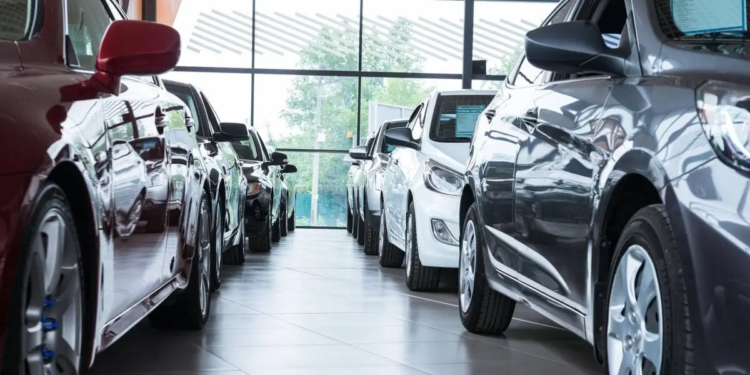Discussions around the 2026 finance bill have once again highlighted the structural difficulties of the Tunisian automobile sector, particularly in terms of taxation.
Industrialists from the automotive sector were heard on November 14, 2025 during a joint meeting of the Finance and Budget Committees of the Assembly of People’s Representatives and the National Council of Regions, devoted to the examination of the 2026 finance bill. They denounced taxation deemed too heavy and unfavorable to the development of automobile assembly in Tunisia.
The November 14 session was part of an expanded cycle of hearings, during which deputies also heard representatives of the National Chamber of Chartered Accountants, the Tunisian Institute of Chartered Accountants, the National Federation of Private Radios, SOS Children’s Villages and the Tunisian Federation of Insurance Companies.
Taxation that penalizes local assembly
Manufacturers have indicated that locally assembled cars remain subject to several levels of taxation:
- customs duties on imported components,
- consumer rights,
- VAT.
Conversely, vehicles imported “ready for use” by dealers are not subject to customs duties, the consumption duty being calculated only on the price of arrival at the port.
This difference in tax treatment, they believe, clearly disadvantages local production and limits the prospects for developing a national sector.
The professionals proposed:
- customs exemption for components intended for assembly,
- the reduction of VAT to 7%,
- a policy encouraging an increase in the Tunisian integration rate.
For their part, the deputies considered that strengthening the country’s industrial autonomy requires increased support for local production. They questioned manufacturers about their production capacity, the integration rate of components, the volume of investments and the sector’s development prospects. The parliamentarians also called for a national strategy allowing, in the long term, the emergence of a real Tunisian automobile sector.
A recovery in the market despite the rise in prices
On November 16, 2025, Anouar Ben Ammar, general director of an automobile agency, presented, on Mosaïque FM, indicators confirming the recovery of the sector.
He announced that 70,000 vehicles were registered at the end of September 2025, including 47,300 new cars, compared to 57,000 registrations at the same period in 2024.
However, this dynamic remains limited by tax pressure:
“For a car costing 100,000 dinars, 50,000 dinars correspond to taxes,” he said.
According to him, almost half the price of a new vehicle is absorbed by taxation, a level which weighs heavily on the purchasing power of consumers.
The FCR diet, a factor of imbalance
Ben Ammar also noted the increase in imports of used cars under the FCR regime, reserved for Tunisians residing abroad.
This system, which is fiscally more advantageous, attracts a growing share of buyers and creates, according to dealers, a distortion of competition with imported or locally assembled vehicles.
A necessary review of the tax framework
The declarations of November 14 and 16 highlight the same tensions: current taxation slows down access to new cars, weighs on professionals and hampers the development of local assembly.
Sector players are calling for a review of the tax framework in order to:
- reduce taxes,
- support the Tunisian assembly,
- restore a balance between the different import circuits,
- sustainably stabilize the market.
No measures have yet been announced as part of the examination of the 2026 finance bill.
Read also:








